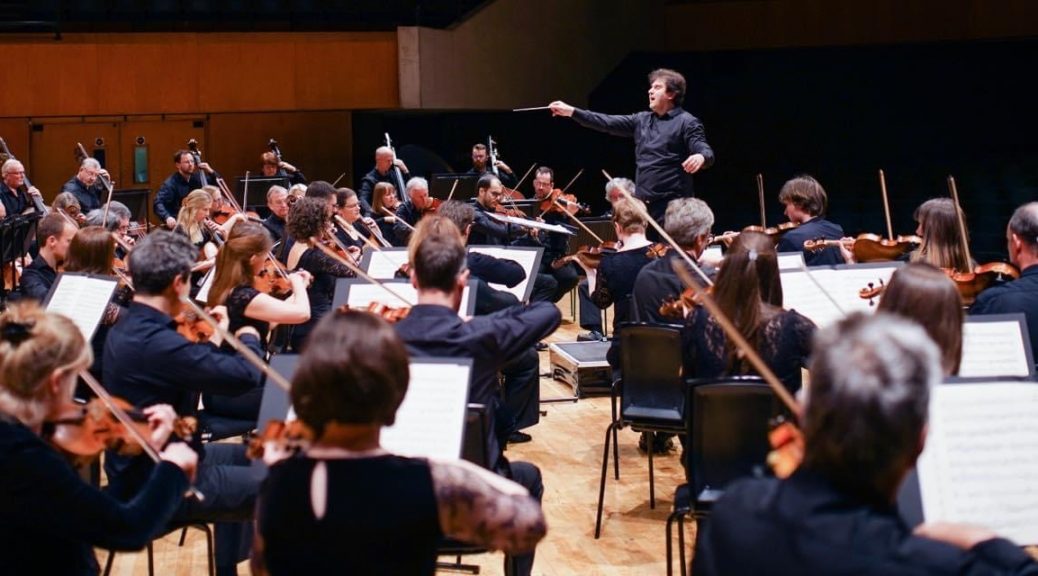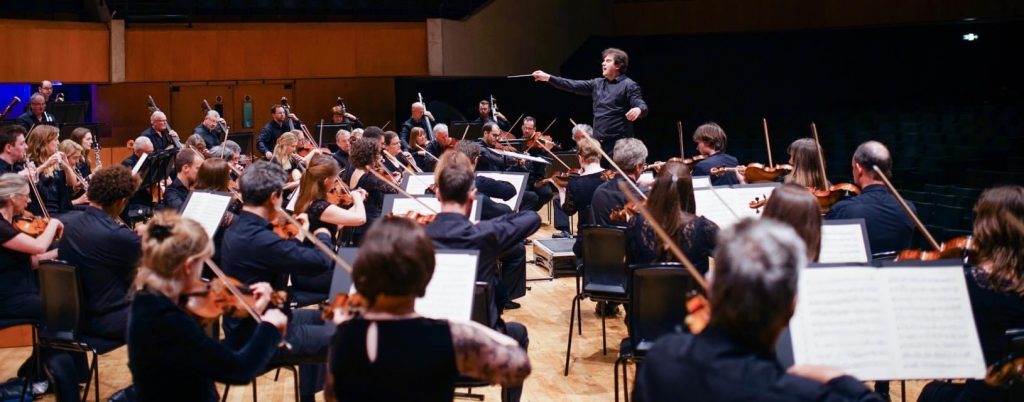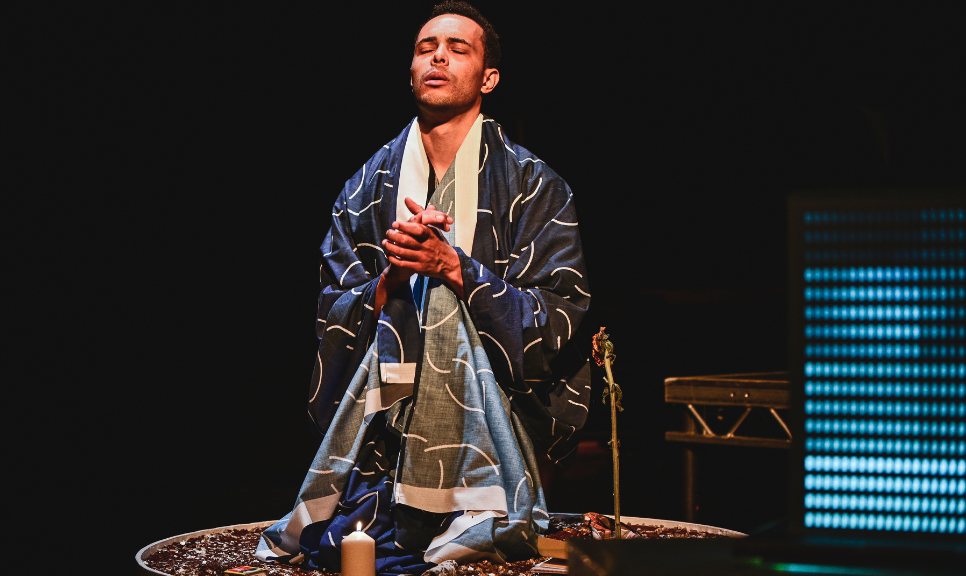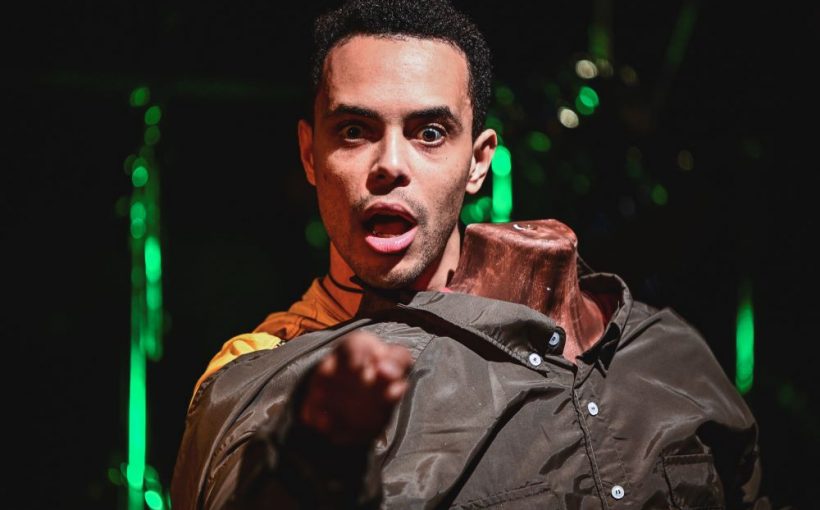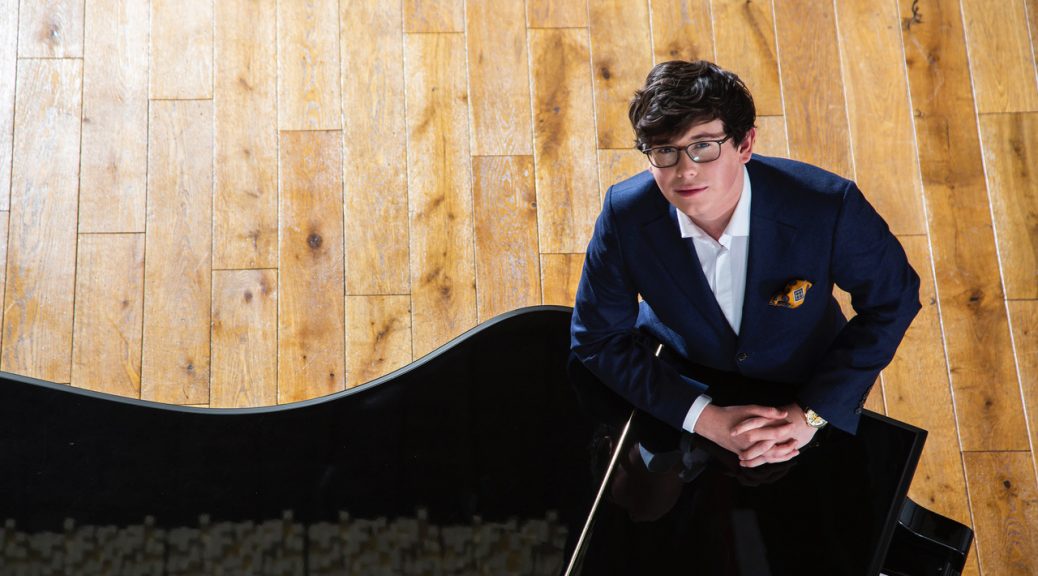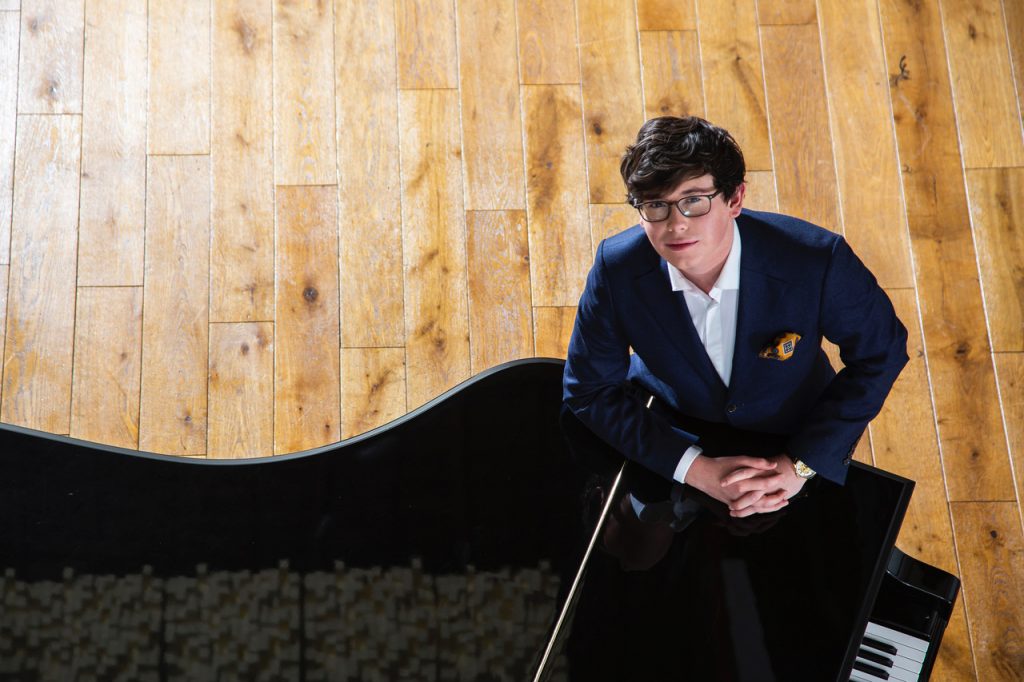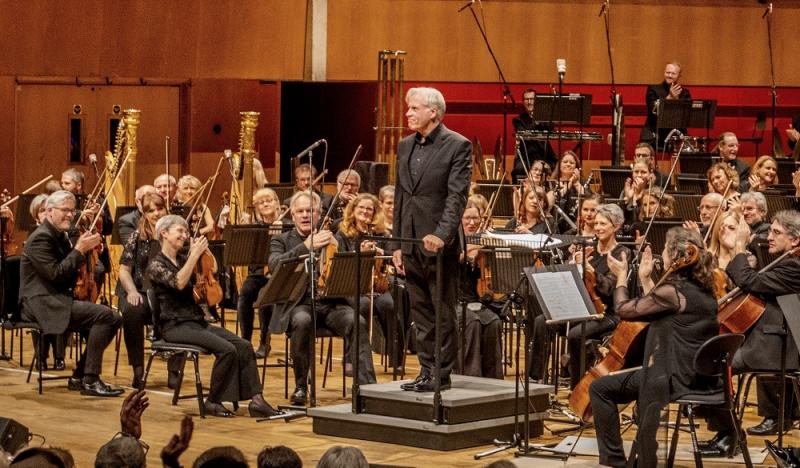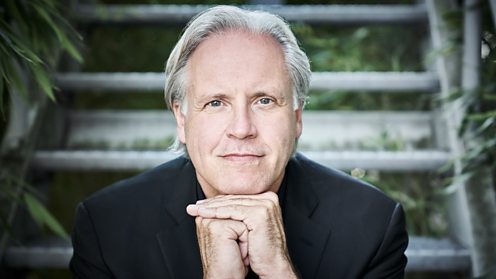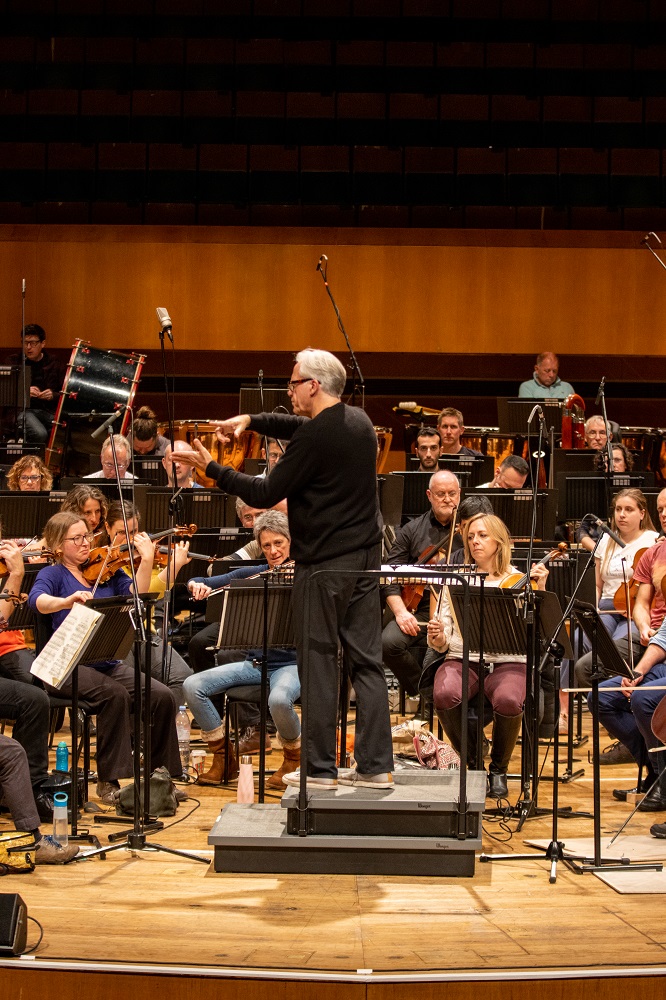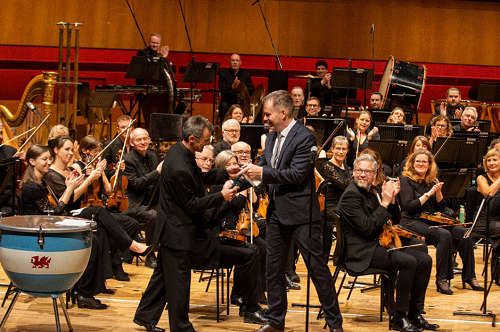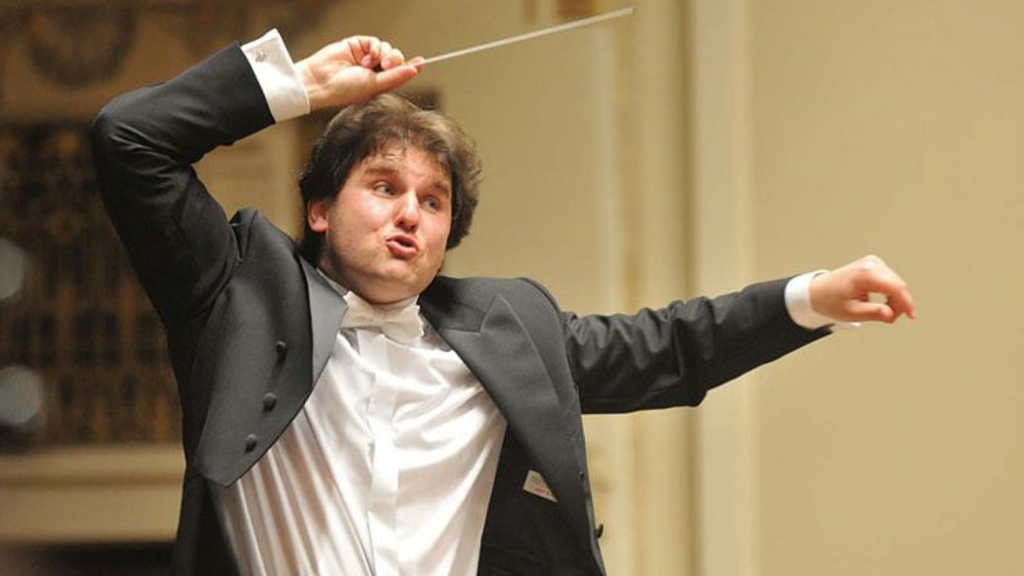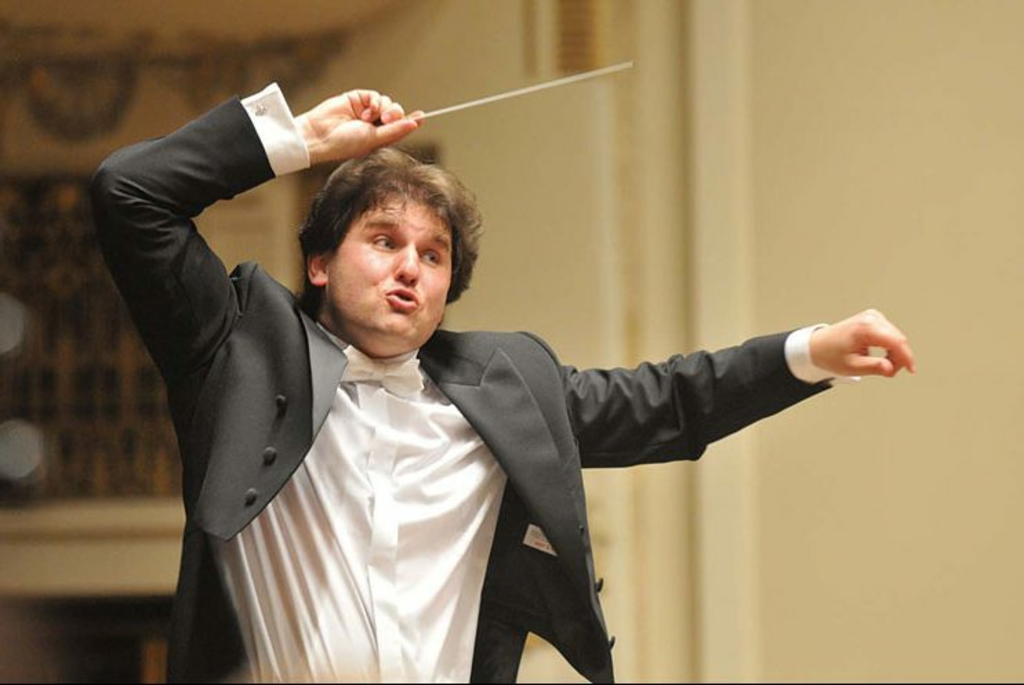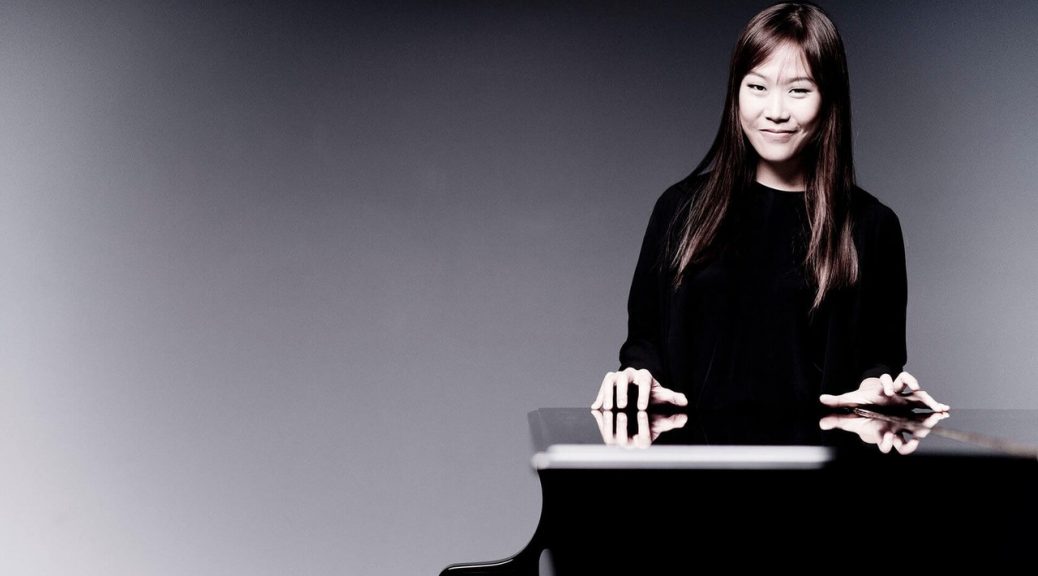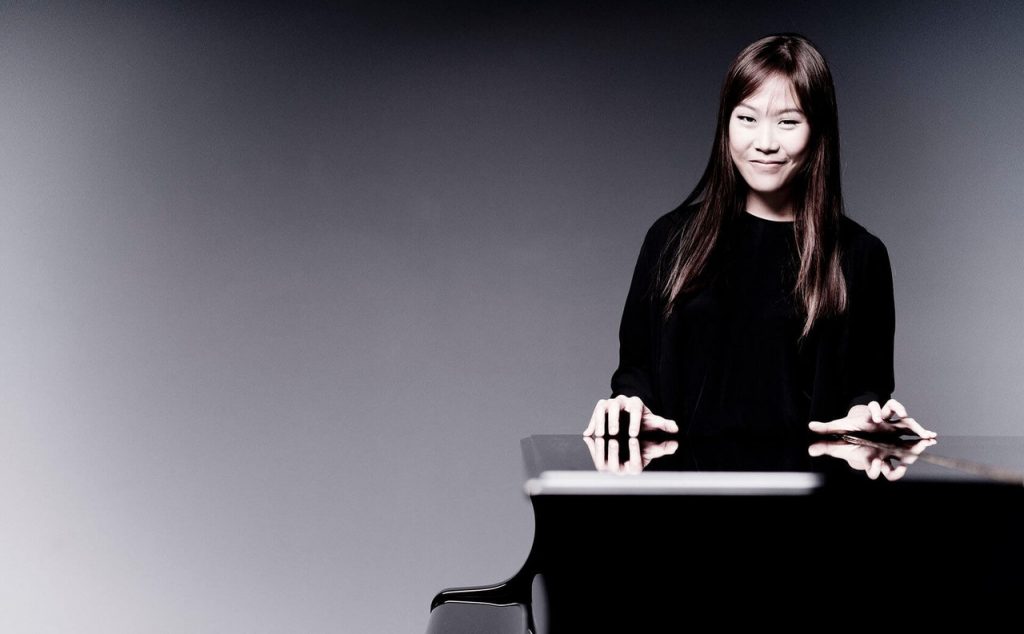
 (3 / 5)
(3 / 5)
Bach is the greatest composer once declared Richard Wagner. Whilst few would dispute this in music circles, we wonder just how clever old Johan really was. Well known for his tricks and games in his own work, it’s taken centuries to truly penetrate just how dense his ideas really are.
Through all this comes a concert form Academy of Ancient Music, who have made attempts to do a post-mortem on The Musical Offering, a piece he wrote during his time with Frederich the Great of Prussia, a well established musician in his own right. The King wrote a theme now known as the Royal Theme, which was then expect by Bach to transform into a world of music.
Director and harpsichord player Laurence Cummings command the evening, address the audience as well as all things musical. The concert was framed by two sonatas, one for viola da gamba, the other for flute. These are wonderful additions to the offering, the soloists excelled here, as the lights were dimmed in the hall and a few, mock candles graced the stage. Though the concert featured a lot of The Musical Offering, it at times felt like The Musical Education. I love Bach, though can only really look at these as mere trifles. The clever use of the king’s theme is evident for most of the movements, yet is mutated in other instances.
I, as an amateur musician tried to learn the Crab Canon, one of the many parts. I found it two hard as one melody on one hand is then inverted for the other, a quite pleasing trick when played together. The canons which do feature are always rousing, even for how old they are. There is always something stimulating about them and you could never deny his brilliance. The musicians seemed to enjoy the music, even if a lot of this was fragmented and slight. The pre show talk did also go into a lot of context for Bach’s schemes, thought even that could have been longer.
Academy of Ancient Music’s next concert is Locke’s Suite from The Tempest & Purcell’s Ode to Saint Cecilia in Cambridge and London, 8 & 9 March 2023.


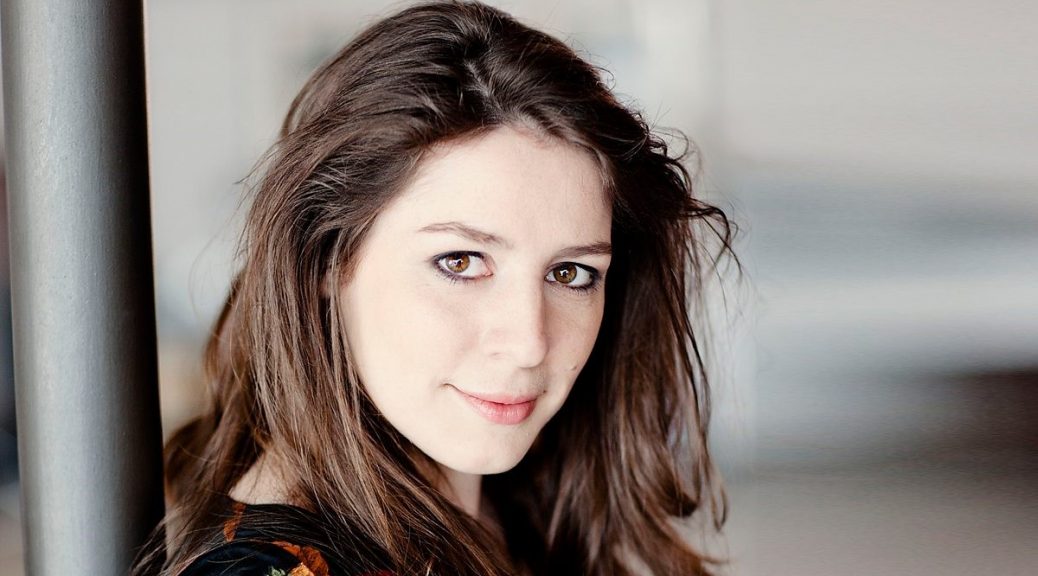
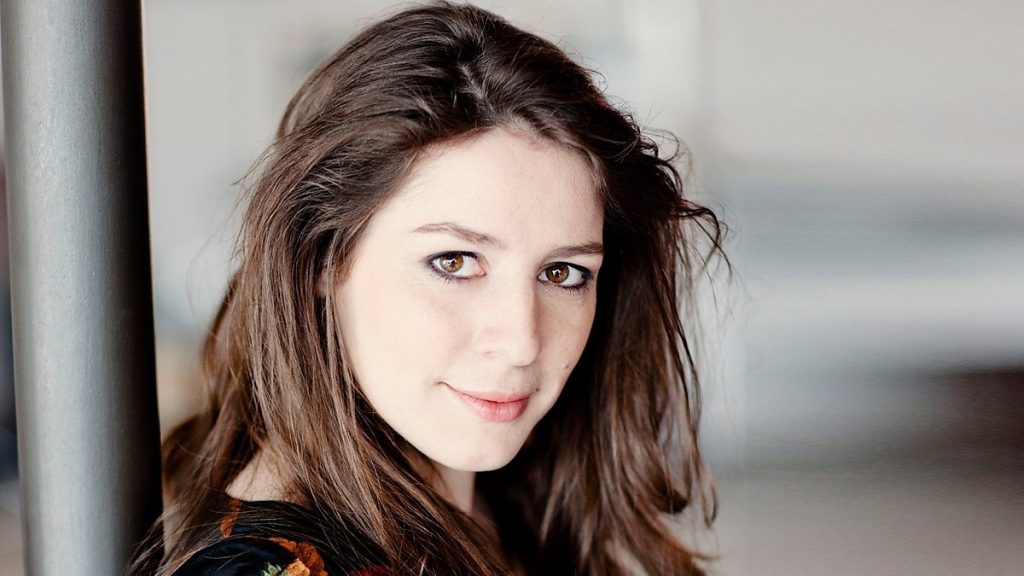
 (4 / 5)
(4 / 5)